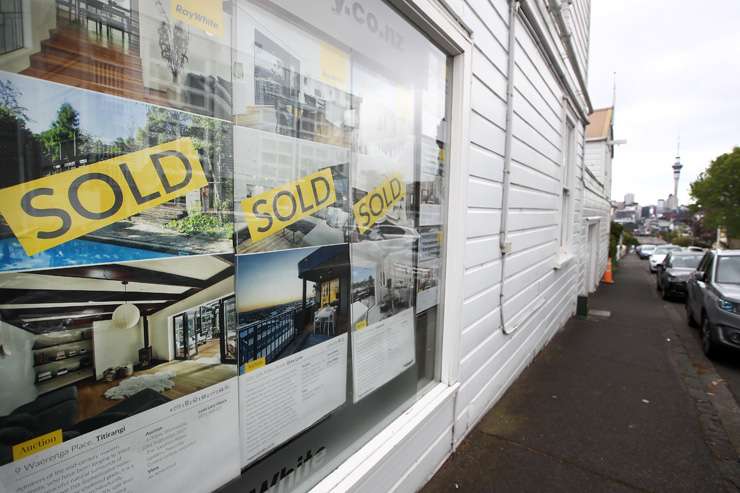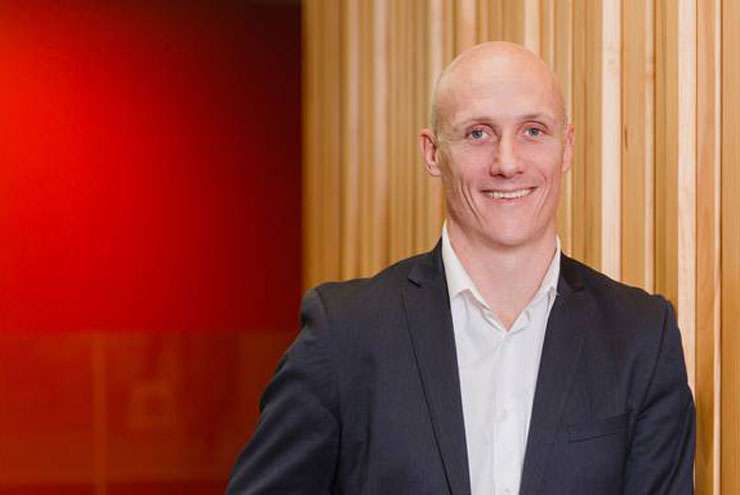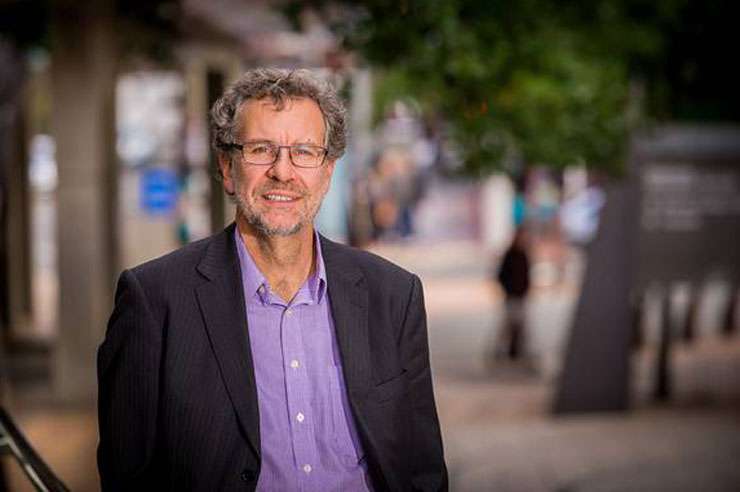Housing affordability has become the dominant issue in New Zealand. A recent survey published by Consumer NZ found that almost half of Kiwis who do not own a home felt shut out of the housing market. Worryingly, three out of five homeowners said they would not be able to buy their own property at its current valuation.
Consumer NZ said housing was respondents' biggest concern - ahead of Covid-19.
Presenting the results of the survey, Consumer NZ spokeswoman Gemma Rasmussen said: "Our runaway housing market has solidified New Zealand as a country divided by property wealth. If you don't have a foot on the property ladder, the dream of owning your own home is becoming increasingly unlikely. At present, the average house price is more than 12 times the average national income."
However, a quick scan of the headlines from the last decade shows that the cost of buying a home has always weighed heavily on the minds of Kiwis: “Rise of the 30-year home loans”, “OECD's stark NZ property warning”, “Can you afford to buy in New Zealand?”, and "Young families flee Auckland for cheaper housing" are among the hundreds of articles that have reported on the challenges of getting a foot on the property ladder.
Start your property search

Sold signs dominate a real estate window. House prices have risen sharply in the last 12 months. Photo / Fiona Goodall
This year the Government and Reserve Bank have pushed through big changes in order to level the playing field and take the heat out the housing market, which has boomed since the country came out of the first Covid lockdown last year.
These include higher loan value ratio (LVR) restrictions for investors, the extension of the bright line test to 10 years, and the removal of tax deductions for investment properties. At the same time, the Reserve Bank has flagged it will be raising interest rates and is considering debt to income ratio requirements for home loans.
Rapid house price growth
With the national average property value now $1 million, after a jump of 27% in the last 12 months, many first home buyers now face deposit requirements of around $200,000
Yet, figures from OneRoof’s data partner Valocity show that first home buyers are still active in the market. In fact, their share of new mortgage registrations has barely changed over the last two years, dropping less than two percentage points from their 40.7% share in the third quarter of 2019 to 38.9%.
Nick Goodall, head of research at CoreLogic, believes that first home buyers will continue to find a way to buy despite rapid house price growth.
Goodall just released CoreLogic’s Housing Affordability Report, which found that average property value across New Zealand is 7.9 times the average annual household income, up from 6.6 times 12 months ago.
He says that the one of big reasons first home buyers have been able to stay in the market in the face of rising prices is that they are compromising both on location and house type. “We can see that in the data,” he says.

CoreLogic head of research Nick Goodall says 38% of all first home buyers have less than a 20% deposit. Photo / Supplied
KiwiSaver is also sometimes overlooked in the question of how first home buyers keep buying. The average KiwiSaver withdrawal is $29,089 per person so nearly $60,000 for a couple, which, says Goodall, might work in regional markets.
But equally it’s not unusual for a couple to have $100,000 in KiwiSaver savings, which is enough for a 10% deposit on a new home.
Goodall says 38% of all first home buyers have less than a 20% deposit, which means either they’re buying new builds that are exempt from the LVR rules or they have succeeded in qualifying for the 20% of lending on existing homes that banks are allowed to do outside of the LVR restrictions.
Day of reckoning
Arthur Grimes, professor of well-being and public policy at Victoria University of Wellington and a senior fellow at economic think tank Motu Research, says first home buyer activity has all but stopped in a big chunk of the market. Only those with parental money can buy, he says, which further exacerbates intergenerational inequality in society.
“Most [first home buyers] are getting family assistance to get the deposit,” says Grimes, adding that the figures only show those who can buy, not the 40% of the population that can't.
Grimes points out that those who can afford to buy are doing so at prices that are just way too high. “That's going to cripple them when interest rates go up, eventually.”
The day of reckoning will come when interest rates rise over the next few years, he says. “That's going to cause, some people huge hardship.”

Professor of well-being and public policy Arthur Grimes: "It's political suicide to try and get house prices down." Photo / Supplied
In a recent opinion article published in The Listener, Grimes said much of the current boom and huge widening in wealth inequality as a result can be traced back to a change to monetary policy in the Reserve Bank Act in 2018, which has resulted in a flood of liquidity into the economy and subsequently the housing market.
But, says Grimes, no political party is going to encourage a large price correction in the market. “It’s too much to ask that anybody will bite that political bullet,” he says.
“The majority of people own their own house and house-owners are more likely to vote than renters, and so it's political suicide to try and get house prices down."
Regions no longer an option
Lesley Harris, director of the First Home Buyers Club, says the Government needs to do more for first home buyers, and calls for fresh thinking on the issue of housing affordability. “We need to offer something positive for first home buyers such as refreshing the Government’s First Home Loan scheme, which enables people who qualify to buy their first home on a 5% deposit. It’s just too hard to qualify currently,” she says.
James Wilson, director of valuation at Valocity, agrees. Five years ago, Aucklanders who found themselves priced out of the city’s housing market had the option of moving to a lower priced regional town or city, but house price inflation is not just an Auckland anymore.

Valocity director of valuation James Wilson says many regions are no longer an affordable option. Photo / Supplied
In the last 12 months, Wellington and Tauranga have joined Auckland in the $1m club and towns like Whanganui and Gisborne have seen prices jump almost $200,000. That’s putting the squeeze on locals and outsiders.
An alternative for those who can’t see themselves getting on the housing ladder is to rethink their desire to buy their own home, says Wilson. They may want to look at other options for growth assets such as investing in business or other appreciating assets such as shares, he says. If not, they could find themselves facing retirement without assets. “That has to be a conversation.”















































































